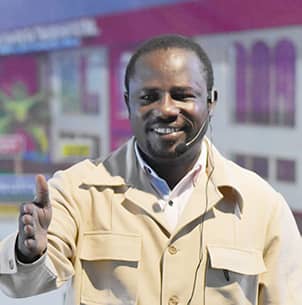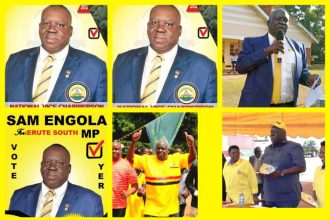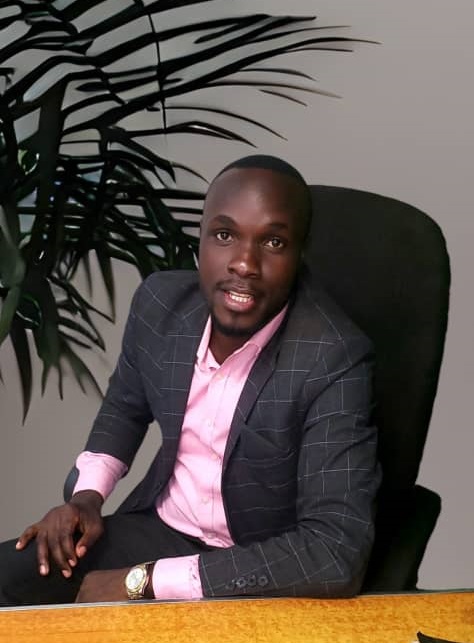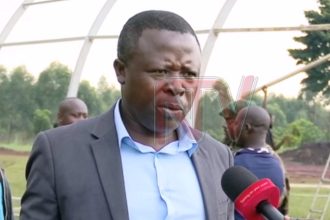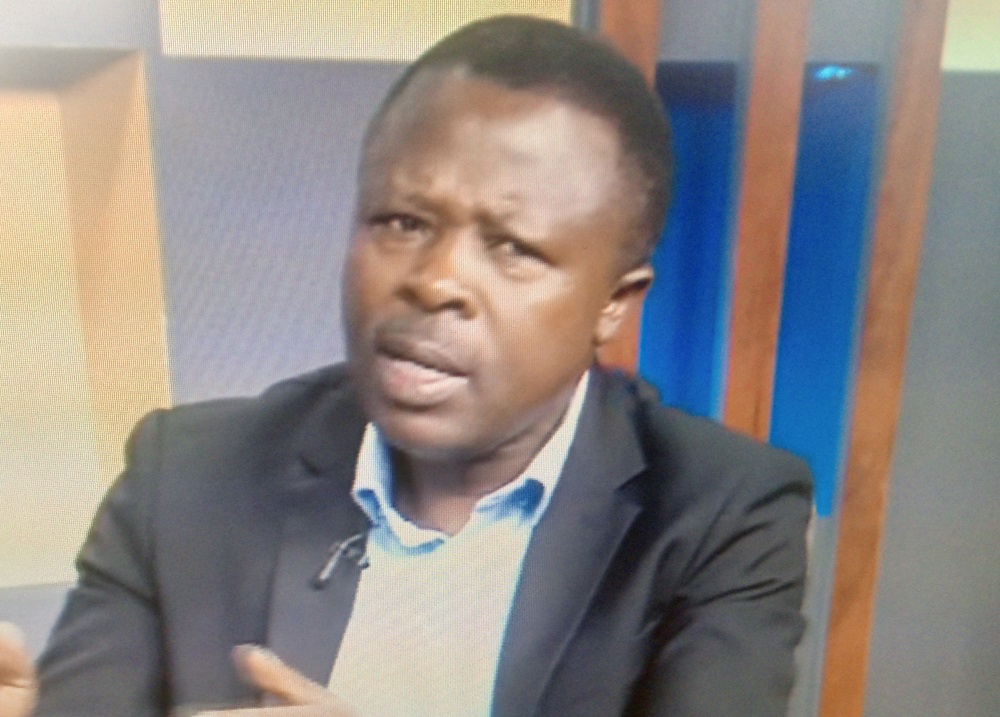A Defining Moment for Our Region
Lango stands at a crossroads. We must decide whether to continue with leadership that prioritizes short-term personal gains or embrace a transformative vision that will secure the prosperity of our region for generations to come. The choice we make today will determine whether Lango thrives as a politically and economically powerful region or remains trapped in cycles of stagnation and missed opportunities.
If we are serious about guaranteeing the future of Lango, we must invest in youth leadership development and mentorship. Without this investment, our region will continue to suffer from weak governance, economic decline, and a lack of representation in national decision-making. Strong institutions are built by strong leaders—and strong leaders are not born; they are developed through deliberate investments in mentorship, education, and exposure to visionary leadership.
As Martin Luther King Jr. once said, “The function of education is to teach one to think intensively and to think critically. Intelligence plus character—that is the goal of true education.” This should be our guiding principle as we prepare young leaders who will champion the transformation of Lango.
History Proves That Visionary Leadership Transforms Nations
Throughout history, the greatest transformations have been led by leaders who were mentored, trained, and supported in their youth. They were prepared for leadership long before they assumed office.
Singapore’s Rise Under Lee Kuan Yew
Singapore moved from a struggling post-colonial state to a global economic powerhouse under the visionary leadership of Lee Kuan Yew. But this did not happen by chance. Lee invested in building young leaders, fostering discipline, and nurturing a culture of integrity. Today, Singapore continues to thrive because leadership development was institutionalized.
Uganda’s Leadership Under President Museveni
Museveni’s long-term vision for Uganda has always included youth leadership development. His government has launched numerous youth-focused initiatives in education, business, and governance, ensuring that Uganda remains competitive in East Africa. However, while the national government has made efforts to empower young people, Lango has failed to develop its own leadership pipeline. President Museveni has often said, “The future belongs to those who prepare for it today.” If Lango does not act now, we will continue to lag behind as other regions move forward with well-prepared, well-groomed, and well-connected young leaders who will dominate Uganda’s future politics and economy.
Rwanda’s Transformation Under Paul Kagame
After the 1994 genocide, Rwanda could have remained a failed state. Instead, Paul Kagame and his team focused on investing in young leaders through leadership training, education, and business incubation. Today, Rwanda is one of Africa’s fastest-growing economies and a model of governance, largely because its leadership succession is based on competence rather than patronage.
The Crisis in Lango: Where Are Our Future Leaders?
Lango was once a cradle of leadership. From Dr. Apolo Milton Obote, who led Uganda to independence, to strong regional leaders who shaped governance and development, our region has historically produced thinkers, statesmen, and stateswomen. Today, that legacy is under threat. Our young people are disconnected from political and economic power.
-
There are no structured mentorship programs to groom the next generation of leaders.
-
The current leadership focuses on personal survival rather than institutionalizing leadership development.
-
Young people are being used as political tools rather than being prepared for governance.

